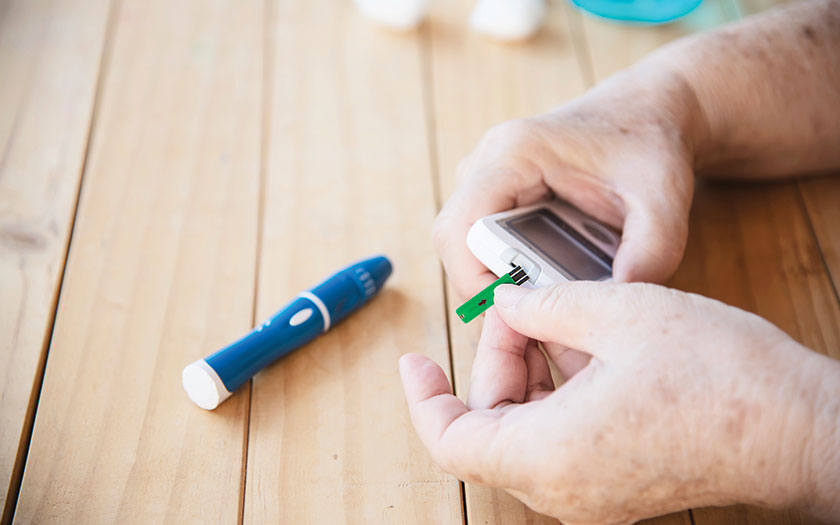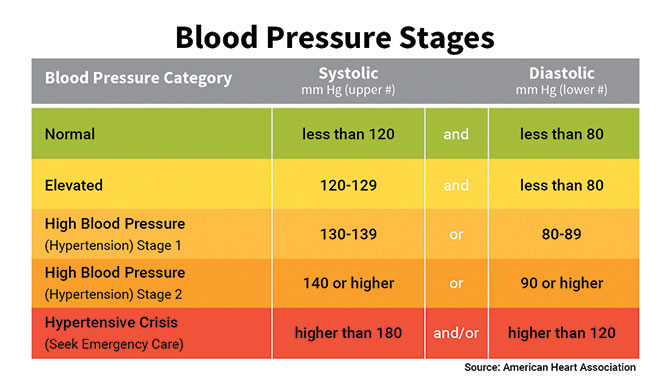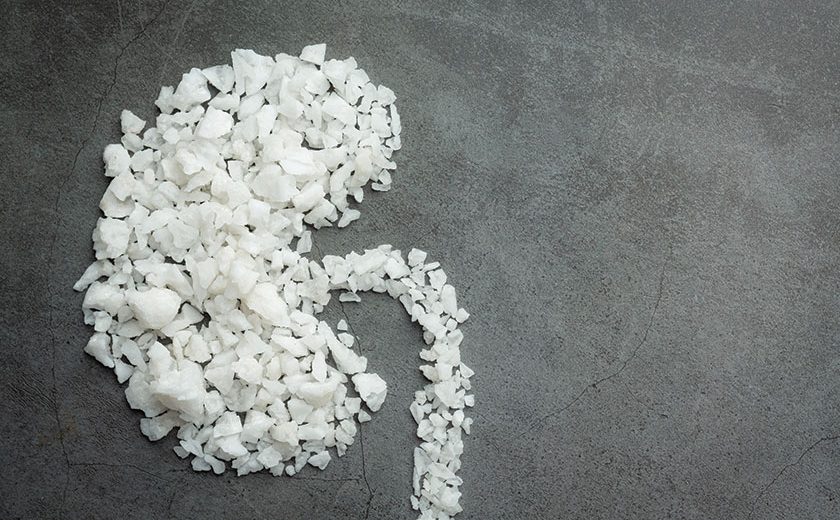It’s no secret by now that kidney diseases are silent killers. Having damaged kidneys will badly affect the quality of one’s life. If your kidneys fail to function properly, you may end up having to undergo dialysis treatments several times a week. For really bad cases, a kidney transplant will be needed.
The health of your kidneys largely depends on how well you take care of yourself. Everything from stress management to the foods you eat to the lifestyle you lead may influence your kidney health. Too many people worldwide have lost their lives due to kidney failure, and just as many or perhaps more have a really poor quality of life due to kidney disease. Like most diseases that inflict mankind, kidney diseases can be avoided, but it’s all up to you.
Here are some helpful health tips to help you reduce the risk of developing this dreaded disease, and hopefully, help your family stay free from this disease too.
Eat A Better Diet
Your body weight, blood pressure, heart disease and diabetes are all strongly associated with kidney diseases as well. If you already have any of the aforementioned conditions, it’s paramount you take extra precaution of your diet to help reduce the risk of developing kidney problems as well. It is actually the same if you already have kidney problems, for your diet matters either way.

First and foremost, try and reduce your salt intake to the recommended 5-6 grams per day. This includes the salt already in your foods. It may not be the easiest thing to do, but for the sake of your health and possibly your life, you must make an effort!
To reduce your salt intake, try and limit the amount of processed and restaurant food you consume. Get used to preparing food at home, and get used to eating less salty food. In time, you will be appreciating the natural tastes of foods, without having to overload on salt.
Apart from reducing the salt in your daily diet, go big on foods high in nutrients such as antioxidants (fruits), fibre vegetables), and omega 3 fatty acids (salmon, nuts). Take note too that everybody is different and everybody has different nutrition needs. Talk to a dietitian (or a renal dietitian if you already have kidney problems) to find a kidney-friendly meal plan that works for you. This is important because when your kidneys are not working as well as they should, waste and fluid build up in your body. Left this way for long, the waste and extra fluid can cause heart, bone and other health problems. A kidney-friendly meal plan limits how much of certain minerals and fluid you eat and drink. This can help keep the waste and fluid from building up and causing problems.
Keep Fit, Be Active
Exercise can help to maintain an ideal body weight, reduce your blood pressure and the risk of Chronic Kidney Disease. Research shows that appropriate exercise is beneficial for kidney patients. It’s unfortunate if kidney patients fail to do so, or fail to see the importance of keeping active. With exercise, it becomes easier to get around, do your necessary tasks and still have some energy left over for other activities you enjoy.
In addition to increased energy, other benefits from exercise may include:
- Improved muscle physical functioning
- Better blood pressure control
- Improved muscle strength
- Lowered level of blood fats (cholesterol and triglycerides)
- Better sleep
- Better control of body weight
Have Your Blood Sugar Checked Regularly
Countless people around the world are shocked to find out that they are diabetics. This is what happens when we do not take regular blood sugar tests, assuming we don’t need it! You need to check your blood sugar level as part of your general body checkup. This is especially important for those who are approaching middle age or older. As mentioned earlier, diabetes and kidney diseases are closely linked – bout half of people who have diabetes develop kidney damage! Sadly, this can actually be prevented/ limited if the diabetes is well controlled. So, don’t forget to check your kidney function regularly with blood and urine tests.

Take Your Blood Pressure Seriously
High blood pressure can damage your kidneys. This is especially likely when associated with other factors like diabetes, high cholesterol and Cardio-Vascular Diseases. The risk can be reduced with good control of blood pressure.
However, like diabetes, too many people who have high blood pressure do not have a clue that their lives are in danger! This is when you hear of people who pass on suddenly following a stroke, for instance. There are no two ways about it – you need to check your blood pressure as part of your general body checkup. This is especially important for those who are approaching middle age or older.
Keep Adequately Hydrated For Your Specific Need
Although the recommended fluid intake is eight glasses of water daily (approximately 2 liters (quarts) per day for a healthy person in a comfortable climate condition), we have to understand that the ideal level of fluid intake for any individual depends on many factors including exercise, climate, health conditions, pregnancy and breastfeeding. This may need further adjustments when one is living in a severe climate condition.
Likewise, a person’s fluid intake may need to be adjusted if they have a chronic disease such as kidney damage. Don’t take any chances on this, and consult your doctor on the appropriate fluid intake for your needs.
Know Your Blood Pressure! The normal level of an adult’s blood pressure is 120/80. Hypertension is diagnosed if, when measured on two different days, the systolic blood pressure readings on both days is ≥140 mmHg and/or the diastolic blood pressure readings on both days is ≥90 mmHg. Any abnormality in this reading should not be taken lightly! Consult your doctor if your blood pressure is persistently elevated above the normal range. You may be in dire need of lifestyle modification and medication treatment, and only your doctor can help you with that.
The normal level of an adult’s blood pressure is 120/80. Hypertension is diagnosed if, when measured on two different days, the systolic blood pressure readings on both days is ≥140 mmHg and/or the diastolic blood pressure readings on both days is ≥90 mmHg. Any abnormality in this reading should not be taken lightly! Consult your doctor if your blood pressure is persistently elevated above the normal range. You may be in dire need of lifestyle modification and medication treatment, and only your doctor can help you with that.


